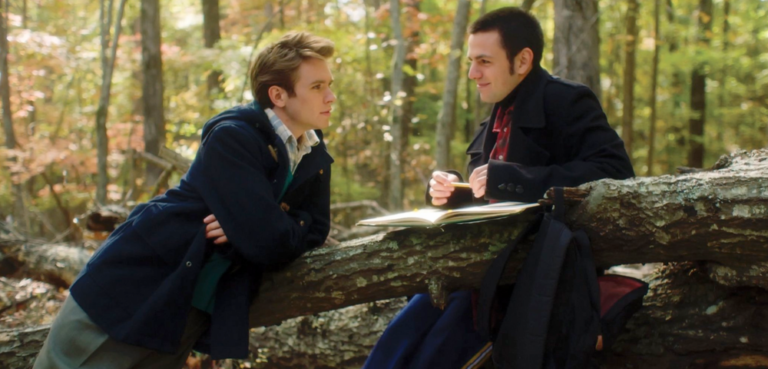
Queensland becomes latest state to end forced trans divorce
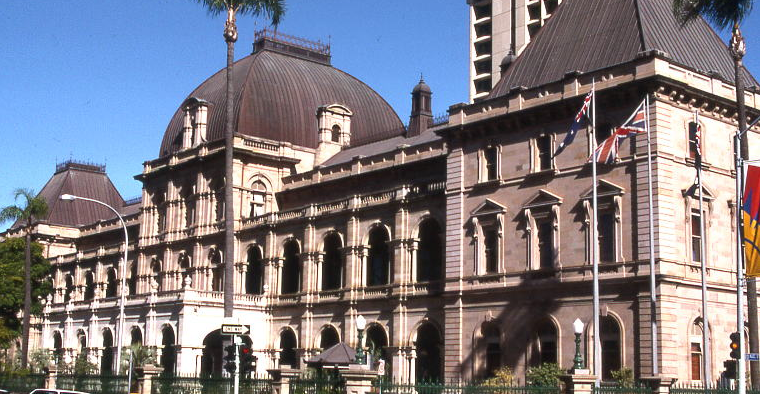
Queensland has become the latest state to end the forced trans divorce requirement for people seeking to correct the gender marker on their birth certificate.
The state’s parliament passed an amendment to the Births, Deaths and Marriages Registrations Act 2003 on Wednesday, with only four state members – of the Katter Party and One Nation – voting against the reform.
Following on from New South Wales last week and Victoria in May, Queensland becomes the fourth state to amend the law alongside one territory, the ACT.
South Australia has led the way on trans law reform, having already enacted such legislation back in 2016.
Queensland’s Attorney-General Yvette D’Ath announced the Palaszczuk government’s plans for reform in March this year.
Following the Yes vote and the passage of federal marriage equality legislation earlier in the year, state governments were given 12 months to update their laws accordingly.
“Previously any Queenslander who has undergone sexual reassignment surgery had to divorce their partner to have their gender legally recognised,” D’Ath said.
“This is not a cost or a consequence any law of this State should impose on members of our community. It has been unjust and unfair and I’m proud to say this distressing choice will no longer be a requirement in Queensland.
“I hope delivering this reform will go some way to helping the transgender community to live their lives openly and without judgment.”
Like most states and territories, Queensland still requires trans people to undergo sterilising surgery before being allowed to change the sex on their birth certificates, however these laws are currently under review.
“Our communities, families, doctors and schools already support marriage equality, and it’s time our laws did as well,” said Anna Brown, Director of Legal Advocacy at the Human Rights Law Centre.
“This is a small but significant change that will allow transgender people to be free to be who they are, while maintaining their commitment to the person they fell in love with.
“Transgender people face problems every day accessing services and facilities most Australians use without thinking twice, because their identity documents do not match their gender.
“We need a complete overhaul of these outdated laws to ensure, for example, that trans people do not have to undergo invasive and unnecessary surgeries simply to be recognised as the gender they live as,” Brown said.
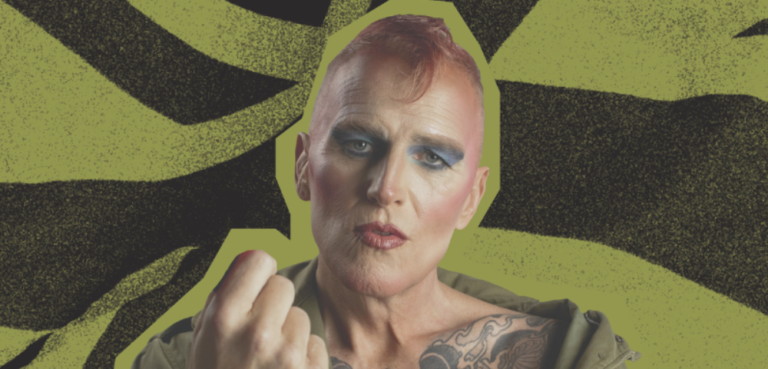



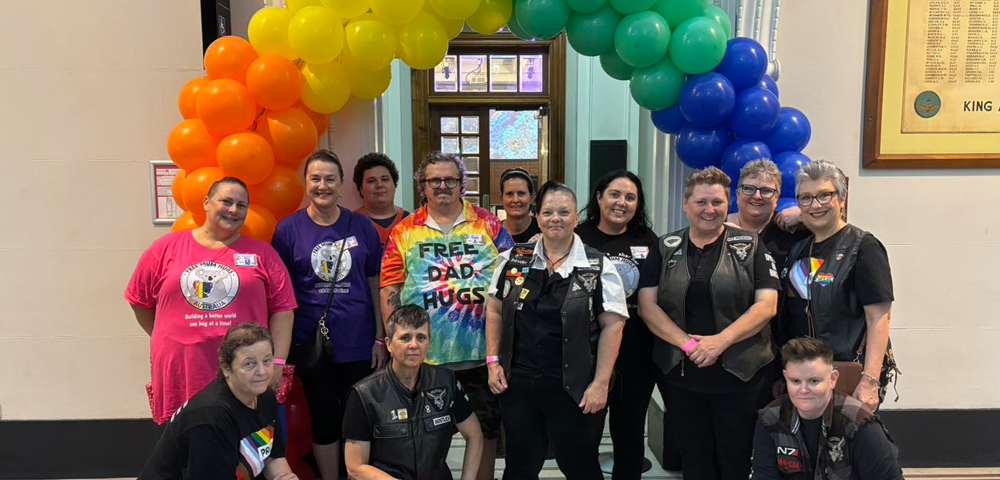
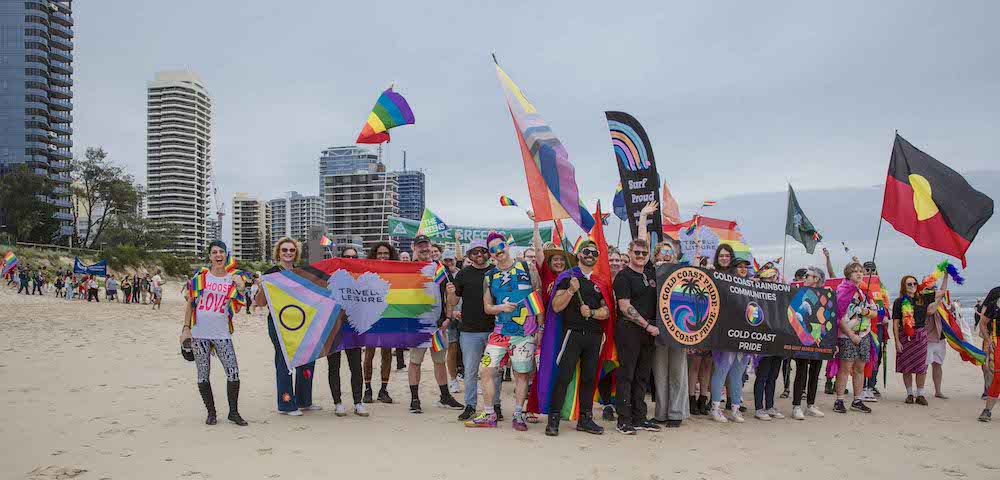




Long Overdue!